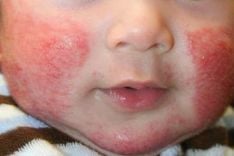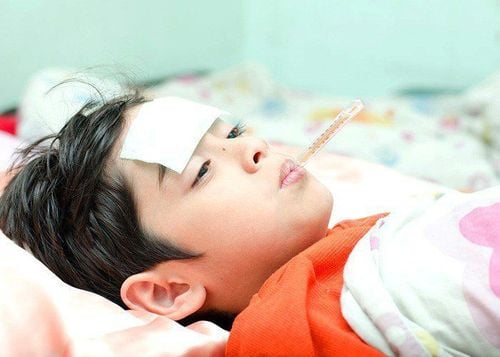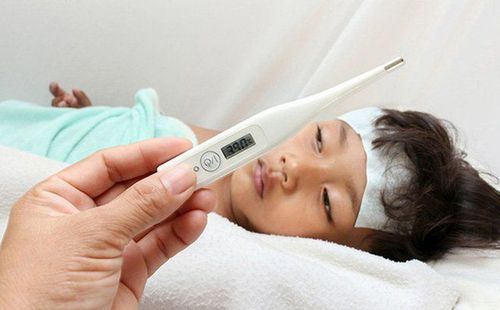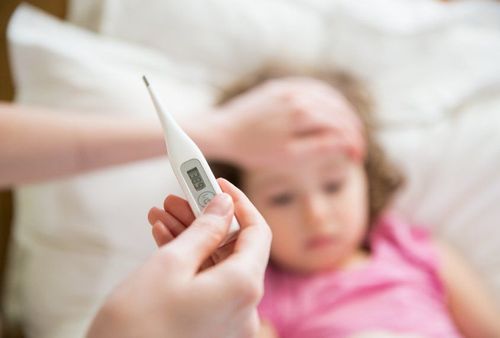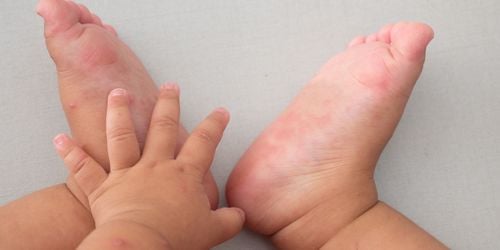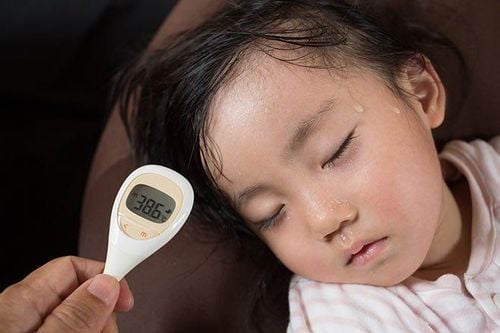Miền Bắc nước ta đang trong thời điểm giao mùa, độ ẩm cao, mưa nhiều tạo điều kiện thuận lợi để bệnh sốt xuất huyết phát sinh và lan rộng thành dịch bệnh nguy hiểm. Sốt xuất huyết có thời gian ủ bệnh và thời kỳ phát bệnh. Vậy ngày thứ mấy là nguy hiểm nhất?
1. Các giai đoạn của bệnh sốt xuất huyết
Khí hậu nhiệt đới nóng ẩm, mưa nhiều như Việt Nam là môi trường lý tưởng để muỗi vằn Aedes Aegypti lây truyền virus Dengue gây ra bệnh sốt xuất huyết. Loài muỗi này thường hoạt động cao điểm vào sáng sớm và chiều tà.
Thời gian ủ bệnh sốt xuất huyết
Thời gian ủ bệnh sốt xuất huyết kéo dài khoảng từ 3 -14 ngày, từ khi bạn bị muỗi vằn đắt và truyền virus sốt xuất huyết vào cơ thể.
Tùy vào cơ địa, khả năng miễn dịch và độ tuổi mà thời kỳ ủ bệnh ngắn hay dài. Lúc này người bệnh chưa có triệu chứng rõ ràng, bệnh chưa nguy hiểm.
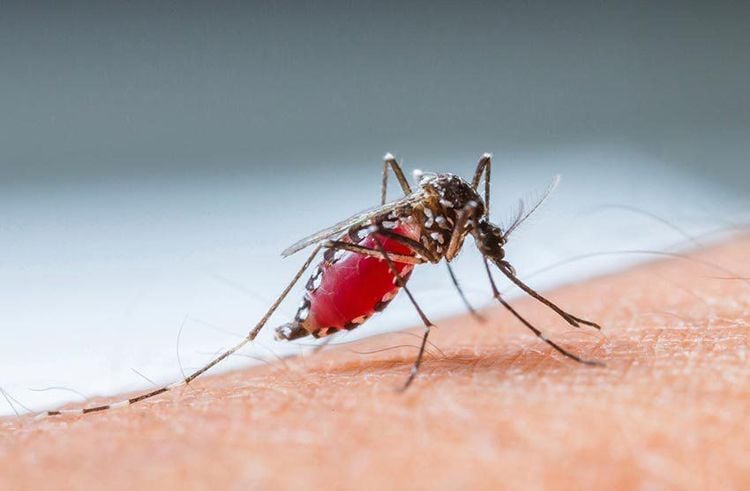
Thời kỳ phát bệnh sốt xuất huyết
Sau thời kỳ ủ bệnh là thời kỳ bị sốt xuất huyết cấp. Trong giai đoạn này triệu chứng bệnh giống như cảm cúm nặng kéo dài từ 2-7 ngày.
Người bệnh sẽ sốt cao đột ngột 39-40 độ, cơ thể mệt mỏi, lừ đừ và nhức đầu, đau hốc mắt, đau cơ, đau họng và buồn nôn, viêm đường hô hấp trên, tiêu chảy.
Nếu sốt cao thì có thể dùng paracetamol để hạ sốt, tổng liều không quá 60 mg/kg cân nặng trong 24 giờ, phải tuân theo sự chỉ định của bác sĩ.
Không được dùng aspirin, analgin, ibuprofen chứa nhiều thành phần kháng viêm không steroid chống đông máu, khiến bệnh trầm trọng hơn.
Khi bị sốt xuất huyết kéo dài dễ gây mất nước, bệnh trở nặng hơn, nguy hiểm hơn và dễ dẫn đến tử vong. Vì thế, bệnh nhân bị sốt xuất huyết cần phải được bù nước bằng cách uống oresol.
Bệnh nhân sốt cao tuyệt đối không tự ý truyền dịch để tránh gây sốc phản vệ.
Giai đoạn này của bệnh sốt xuất huyết chưa phải là nguy hiểm nhất, không xuất hiện biến chứng và bệnh nhân có thể điều trị tại nhà.
2. Sốt xuất huyết ngày thứ mấy nguy hiểm nhất ?
Sau thời kỳ phát bệnh, bệnh nhân sẽ tự hết sốt và đây là thời kỳ nguy hiểm nhất. Vậy sốt xuất huyết ngày thứ 4 nguy hiểm nhất. Ngày này tuy bệnh nhân không còn bị sốt cao như 3 ngày trước đó, người nhà tưởng rằng bệnh đã không còn nguy hiểm và sắp khỏi. Nhưng thực tế giai đoạn này có thể dẫn đến những biến chứng nặng.
Bởi vì, virus đã làm hệ miễn dịch suy yếu, số lượng bạch cầu và tiểu cầu giảm đáng kể.
Người bệnh giảm sốt nhưng thoát mạch với biểu hiện là tràn dịch màng phổi, màng bụng, đau tức vùng gan, nề mi mắt, da căng và tay chân lạnh.
Sốc, cơ thể vật vã, tim đập nhanh, huyết áp tăng giảm đột ngột.
Biểu hiện xuất huyết dưới da (chảy máu cam, chảy máu chân răng, da bầm tím)
Xuất huyết nội tạng (xuất huyết tiêu hóa, tiêu phân đen, xuất huyết não, chảy máu phổi và chảy máu trong cơ).
Ở phụ nữ, kinh nguyệt kéo dài nếu trùng vào thời kỳ kinh nguyệt.
Trong thời kỳ nguy hiểm của bệnh, cần đưa bệnh nhân đến các cơ sở y tế địa phương để làm xét nghiệm máu để đánh giá mức độ giảm của tiểu cầu và bạch cầu. Từ đó bác sĩ sẽ cân nhắc truyền tiểu cầu, huyết tương nếu cần.
Bệnh nhân bị sốc, suy tạng nặng cần phải chuyển bệnh nhân đến các bệnh viện tuyến để xử lý và điều trị kịp thời.
Nếu được điều trị đúng phác đồ sẽ khỏi bệnh và không gặp biến chứng, thể trạng bệnh nhân sẽ ổn định, cơ thể hồi phục dần, có cảm giác thèm ăn, khát nước, đi tiểu nhiều và huyết hoạt động ổn định, nhịp tim bắt đầu chậm lại, xét nghiệm máu sẽ thấy lượng tiểu cầu và bạch cầu tăng lên.
3. Làm gì để phòng ngừa sốt xuất huyết?
Để phòng ngừa sốt xuất huyết, các bạn nhất định phải thực hiện những biện pháp sau:

- Tiêu diệt muỗi, lăng quăng/bọ gậy và tích cực phòng chống muỗi đốt
- Loại bỏ những nơi sinh sản của muỗi, đậy kín dụng cụ chứa nước để muỗi không vào đẻ trứng.
- Thả cá vào dụng cụ chứa nước lớn bể, giếng, chum, vại để tiêu diệt lăng quăng/bọ gậy.
- Vệ sinh bể, chum, vại, thau rửa chứa nước hàng tuần
- Thu gom, hủy bỏ vật dụng phế thải quanh nhà có thể đựng nước đọng như chai, lọ, mảng chum vỡ, ống bơ, vỏ dừa, lốp xe cũ, lật úp dụng cụ chứa nước không dùng đến. Các biện pháp này, muỗi sẽ không có nơi trú ngụ.
- Thay nước bình hoa thường xuyên
- Bất cứ khi nào ngủ đều cần mắc màn (mùng).
- Sử dụng bình xịt muỗi, kem chống muỗi hoặc vợt điện diệt muỗi, đèn xông tinh dầu
- Nếu gia đình có người bị sốt xuất huyết phải cho họ nằm trong màn để tránh muỗi đốt, lây bệnh sang các thành viên khác.
- Phun hóa chất diệt muỗi, chống dịch ở các khu vực trong nhà và quanh nhà
- Ngoài ra, khi bệnh nhân bị sốt xuất huyết tuyệt đối không uống thuốc Aspirin và ibuprofen để giảm đau. Vì hai thuốc này có thể làm cho tình trạng chảy máu trầm trọng hơn, xuất huyết dưới da hoặc xuất huyết dạ dày, tá tràng, nôn ra máu rất nguy hiểm.
Để đặt lịch khám tại viện, Quý khách vui lòng bấm số HOTLINE hoặc đặt lịch trực tiếp TẠI ĐÂY. Tải và đặt lịch khám tự động trên ứng dụng MyVinmec để quản lý, theo dõi lịch và đặt hẹn mọi lúc mọi nơi ngay trên ứng dụng.


![[Vinmec Phú Quốc] Cấp cứu thành công bệnh nhân vỡ gan do tai nạn xe máy](/static/uploads/thumbnail_20221201_035840_355347_chan_thuong_gan_0_max_1800x1800_png_c4d4f97c85.png)


